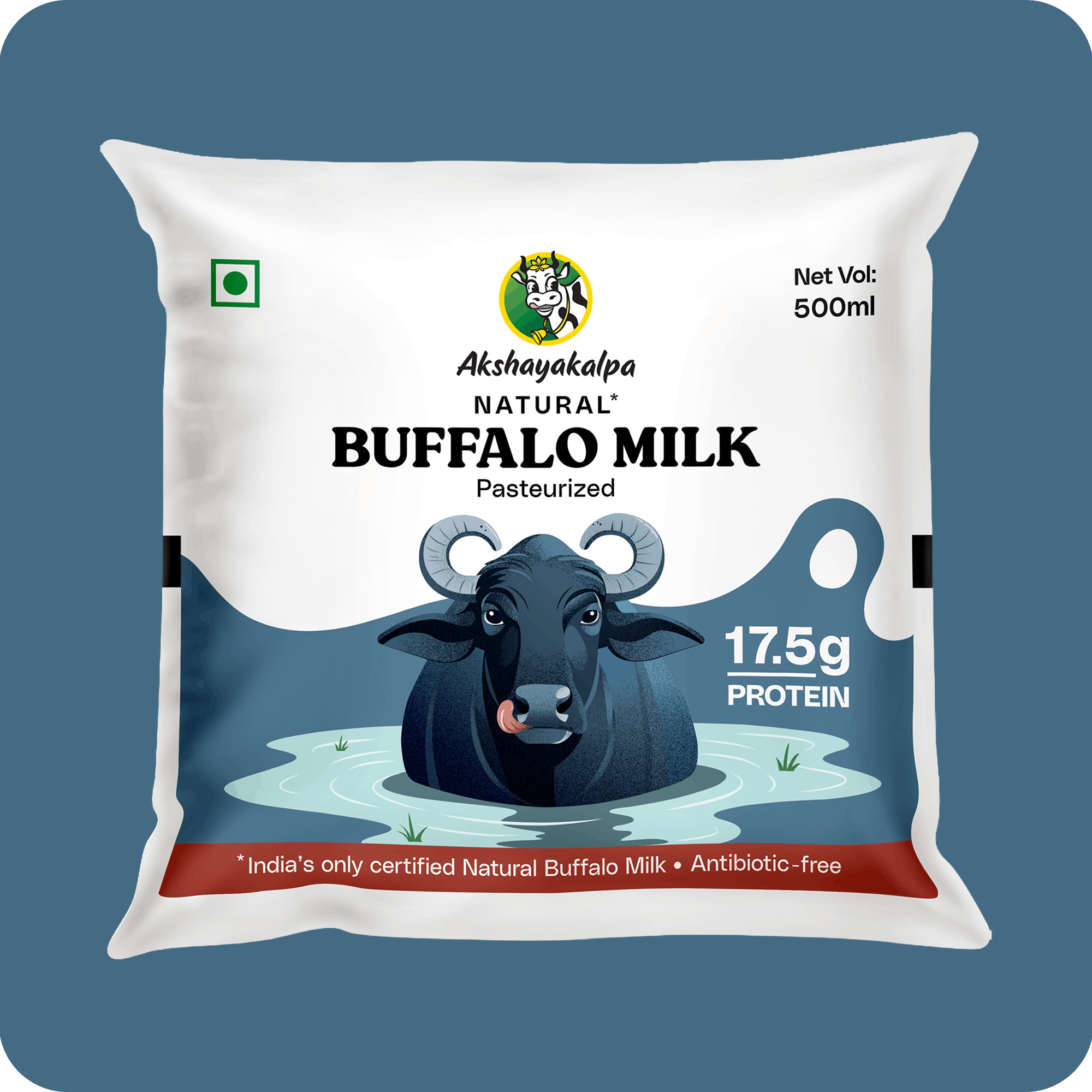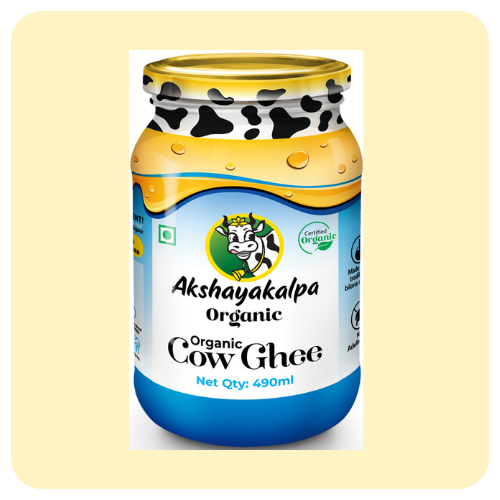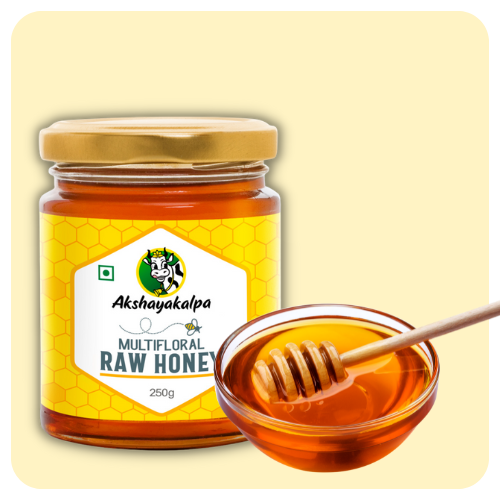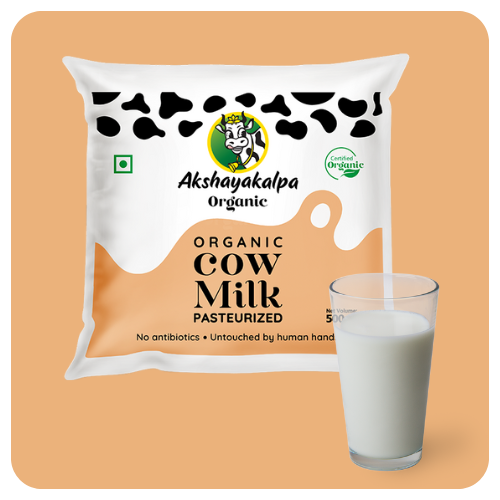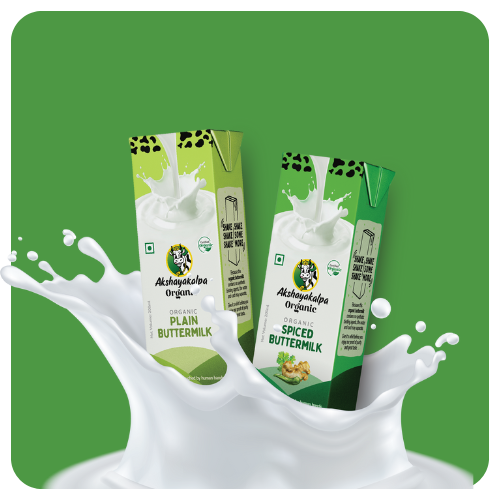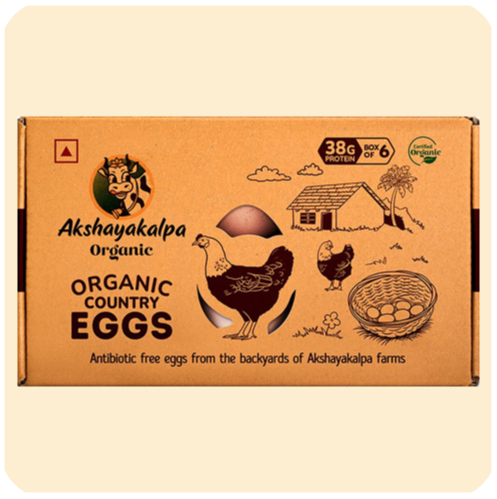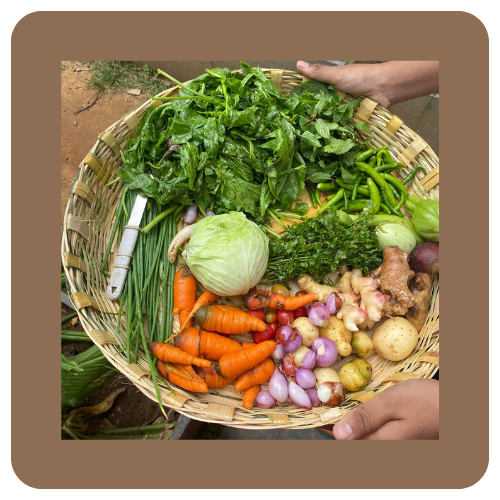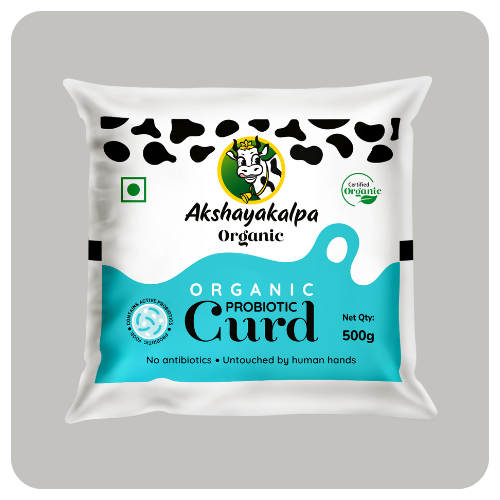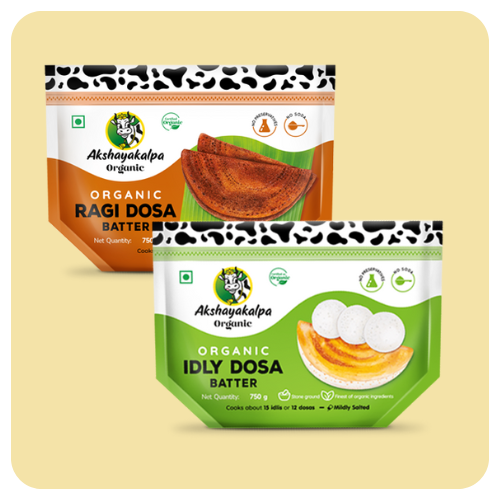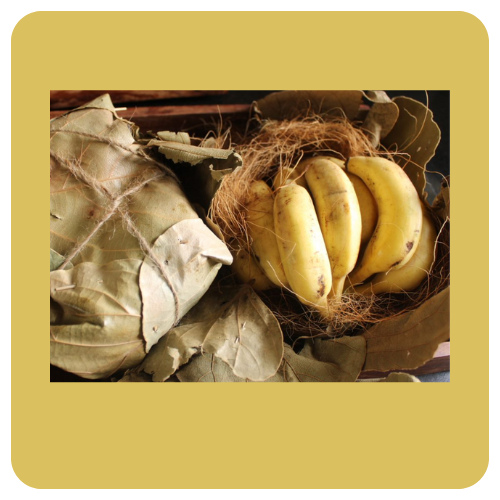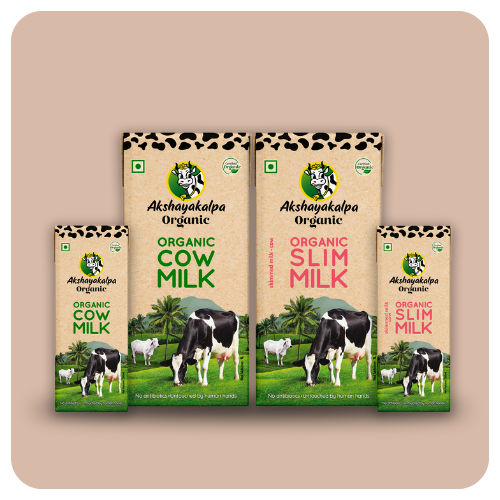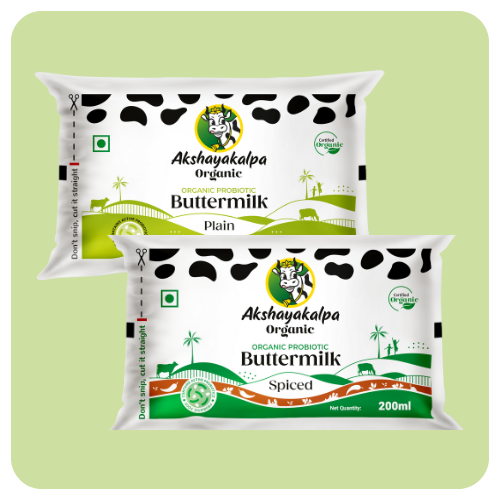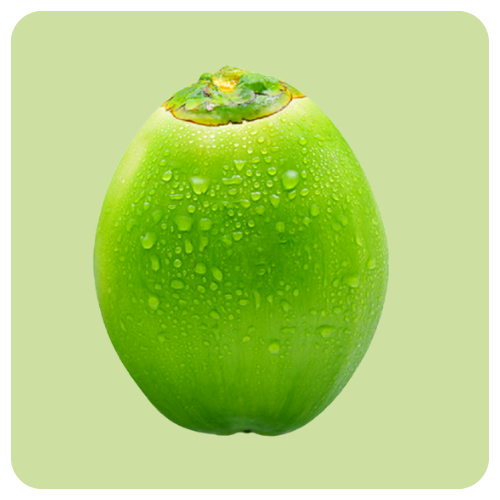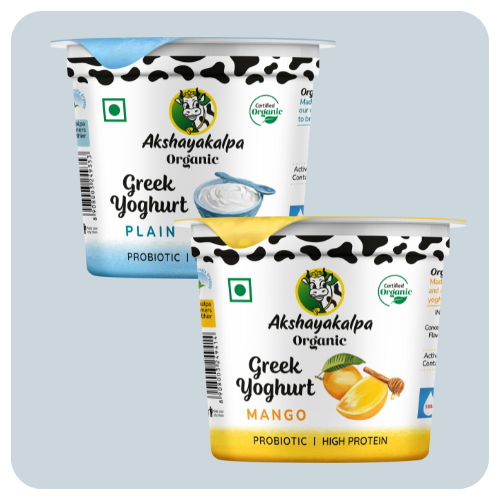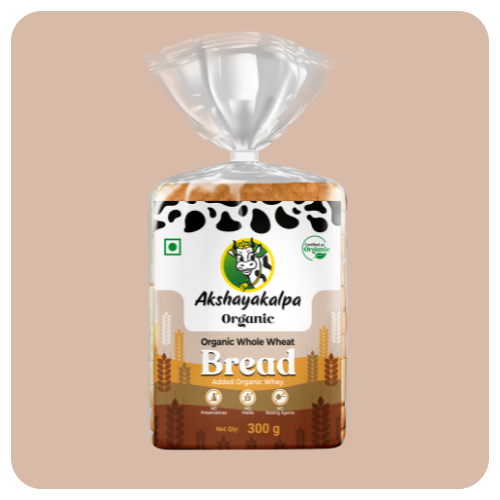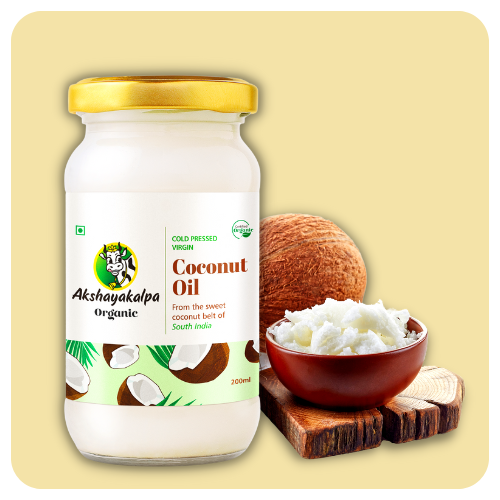Monsoon & milk safety: What’s really in your glass?
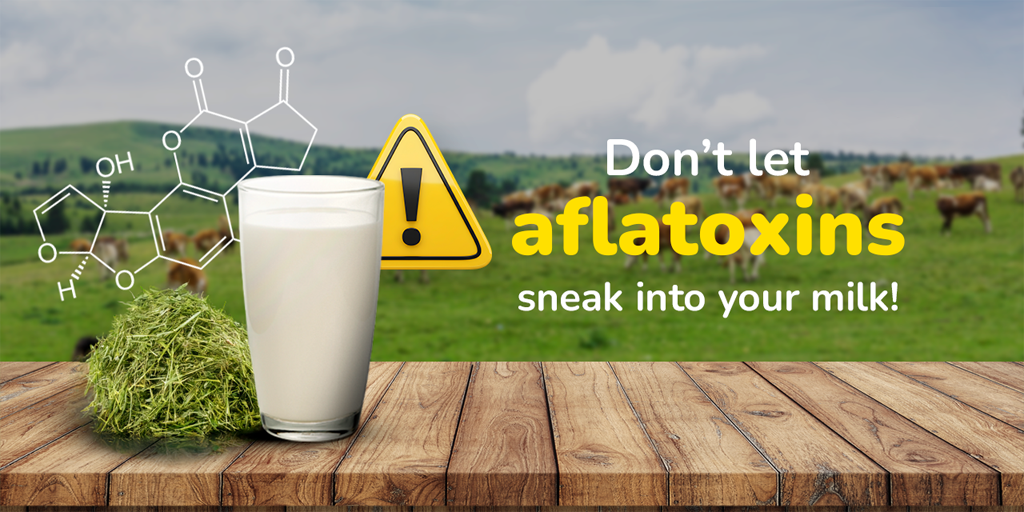
Monsoon season: the time for chai, pakoras, and snuggling indoors. But it also brings something we rarely think about, a hidden threat to the safety of the milk we drink every day.
Humidity and moisture in the air? Perfect conditions for fungus to thrive. And when cattle feed isn’t stored properly, it becomes a playground for mold that produces aflatoxins, toxic compounds that can sneak into your milk.
So, what are aflatoxins and why should you care?
Aflatoxins, especially aflatoxin M1, are dangerous because they can travel from contaminated cattle feed into the milk we consume. Studies link them to liver damage, developmental issues in children, and even cancer risks with long-term exposure.
During monsoons, when everything is damp and storage conditions worsen, the chances of this contamination go up. Which means the milk you trust could be hiding something it shouldn’t.
How does Akshayakalpa keep your milk clean even in peak monsoon?
We’ve built our dairy system to prevent problems before they begin:
- We grow our own organic fodder, no reliance on external grain-based feed.
- After harvesting, the fodder is dried below 13% moisture to keep mold out.
- It’s stored in clean, well-ventilated silos, moisture and fungus don’t stand a chance.
- And every batch of milk is tested for aflatoxins before it leaves the farm.
Our cows are never tied or confined. They’re not given antibiotics or hormones. We take care of their health, because healthy cows make healthy milk.
Why should aflatoxin-free milk matter to you?
Because what you pour into your child’s glass, or in your morning coffee, has a direct impact on your health.
When you choose Akshayakalpa, you’re not just choosing organic, you’re choosing milk that’s safe, clean, and tested.
Because clean milk isn’t seasonal, it’s essential.
Whatever the weather, pour better with Akshayakalpa Organic.
